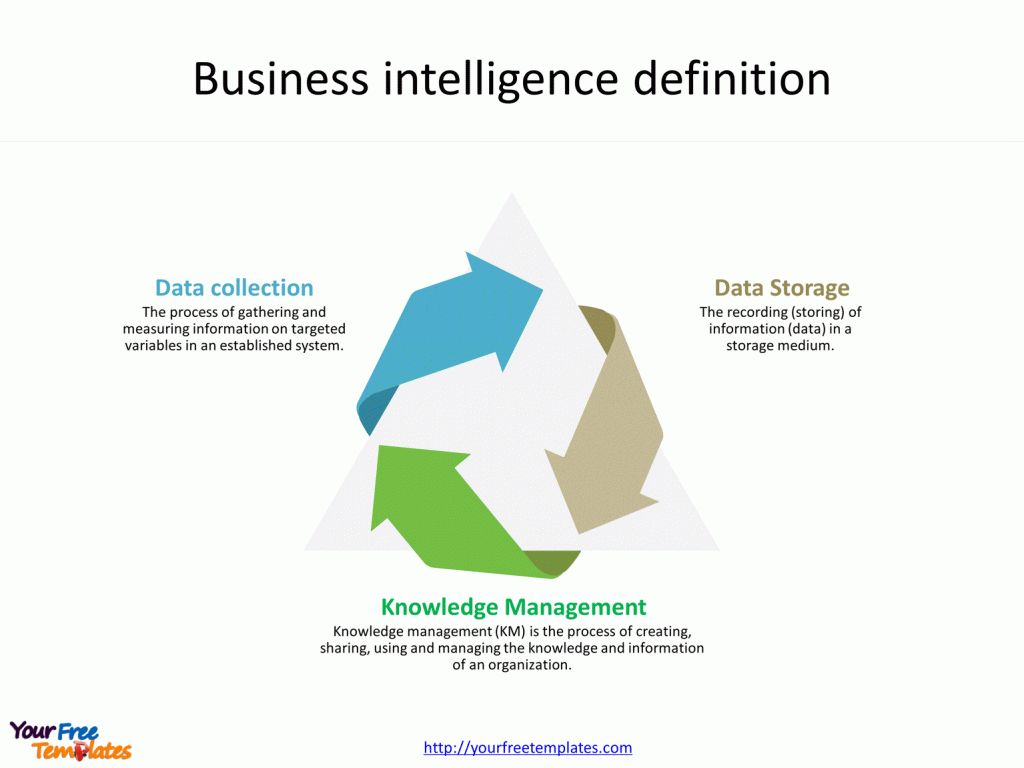
Analysts can also more easily spot market trends to increase sales or revenue. Analysts can leverage BI to provide performance and competitor benchmarks to make the organization run smoother and more efficiently.

Great BI helps businesses and organizations ask and answer questions of their data.īusiness intelligence can help companies make better decisions by showing present and historical data within their business context.
Data preparation: Compiling multiple data sources, identifying the dimensions and measurements, preparing it for data analysis. Visual analysis: Exploring data through visual storytelling to communicate insights on the fly and stay in the flow of analysis. Data visualization: Turning data analysis into visual representations such as charts, graphs, and histograms to more easily consume data. Statistical analysis: Taking the results from descriptive analytics and further exploring the data using statistics such as how this trend happened and why. Querying: Asking the data specific questions, BI pulling the answers from the datasets. Descriptive analytics: Using preliminary data analysis to find out what happened. Performance metrics and benchmarking: Comparing current performance data to historical data to track performance against goals, typically using customized dashboards. Reporting: Sharing data analysis to stakeholders so they can draw conclusions and make decisions. Data mining: Using databases, statistics and machine learning to uncover trends in large datasets. Over the past few years, business intelligence has evolved to include more processes and activities to help improve performance. All of these things come together to create a comprehensive view of a business to help people make better, actionable decisions. Much more than a specific “thing,” business intelligence is rather an umbrella term that covers the processes and methods of collecting, storing, and analyzing data from business operations or activities to optimize performance. Tableau's Explain Data feature helps to quickly identify possible explanations of outliers and trends in data. This article will serve as an introduction to BI and is the tip of the iceberg. Modern BI solutions prioritize flexible self-service analysis, governed data on trusted platforms, empowered business users, and speed to insight. It further developed in the 1980s alongside computer models for decision-making and turning data into insights before becoming specific offering from BI teams with IT-reliant service solutions. Traditional Business Intelligence, capital letters and all, originally emerged in the 1960s as a system of sharing information across organizations. 

It’s important to note that this is a very modern definition of BI-and BI has had a strangled history as a buzzword. In practice, you know you’ve got modern business intelligence when you have a comprehensive view of your organization’s data and use that data to drive change, eliminate inefficiencies, and quickly adapt to market or supply changes. Tableau Conference Toggle sub-navigationīusiness intelligence (BI) combines business analytics, data mining, data visualization, data tools and infrastructure, and best practices to help organizations to make more data-driven decisions.Reference Materials Toggle sub-navigation.Teams and Organizations Toggle sub-navigation.







 0 kommentar(er)
0 kommentar(er)
